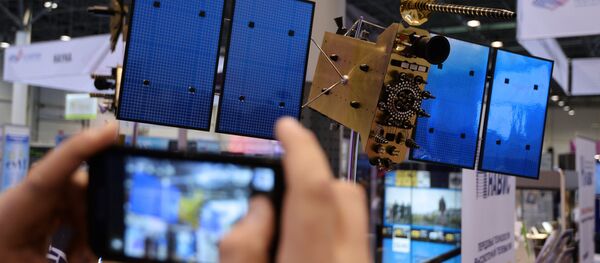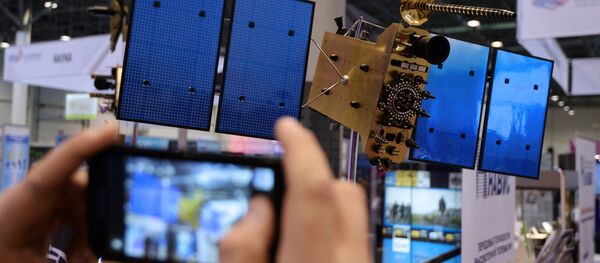“Nothing in this order authorizes the use of any non-US satellite signal in conjunction with the 911 system,” Simpson said at an open meeting on improving location accuracy for 911 calls on Thursday.
If the FCC had approved non-US satellites, Russia's GLONASS satellite system could have been added to the US satellite GPS system to double the coverage of satellites, thereby increasing the probability and accuracy of finding someone making a 911 call from a cellphone. Currently only Russia and the United States have non-stationary satellite system with global reach.
“While the nationwide wireless carriers have outlined how non-US satellite navigation signals might contribute to improved 911 location accuracy, they did not request and this item does not provide authorization to utilize these signals,” Simpson said.
“Should we receive a proposal from a carrier or carriers to use signals from non-US licensed satellites, the Commission would subject it to a thorough review for all the relevant issues, including national security, economic, and foreign policy – working closely with our interagency partners,” Simpson said.
Those opposed to the use of GLONASS argue Russia could gain control over 911 call handling and know where first responders and citizens are located. Leading up to Thursday’s decision, US Congressman Mike Rogers, among others, argued using the Russian system would present a national security threat.
But those concerns are “not technically possible,” the director of government affairs for the National Emergency Number Association Trey Forgety, whose association represents nearly 6000 emergency 911 call centers, advocating for the GLONASS system, told Sputnik. He said US national security concerns around the use of GLONASS are unwarranted.
The GLONASS project, launched in 1993, is considered to be Russia's answer to GPS. The GLONASS network currently consists of 29 satellites, including 24 operational, allowing real-time positioning and speed data for surface, sea and airborne objects around the globe.

![A GLONASS [Global Navigation Satellite System] satellite mock-up on display at the exhibition Space -- Elections -- Telecommunications A GLONASS [Global Navigation Satellite System] satellite mock-up on display at the exhibition Space -- Elections -- Telecommunications - Sputnik International](https://cdn1.img.sputnikglobe.com/img/101725/42/1017254231_0:155:3072:1892_600x0_80_0_0_d6588a6491e0869ca74492291761707e.jpg)


